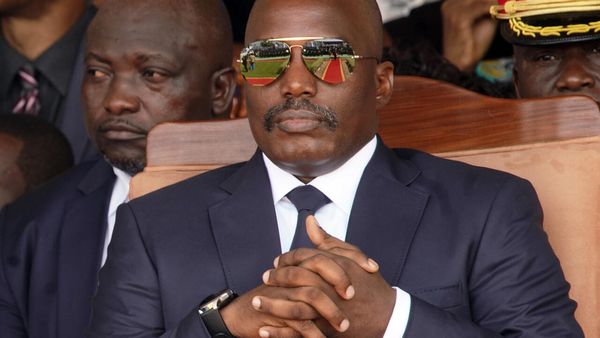
NAB will become the third of the big four Australian banks to offer a buy now, pay later (BNPL) product to customers, putting additional pressure on standalone operators battling corporate losses amid rising interest rates that make it harder to survive.
The bank will offer its NAB Now Pay Later product from July using the existing Visa credit card system, meaning it will not have to sign up merchants to offer the service in the same way that standalone operators Zip and Afterpay do.
NAB’s offering will allow customers who pass a credit check to split purchases of up to $1,000 into four payments. The bank said it will not charge interest, late fees or an account fee.
The move adds pressure on a BNPL market that has seen the number of players in Australia shrink as losses mount and share prices plunge.
Grant Halverson, the managing director of consultancy McLean Roche, said the banks had a huge advantage because they already had big debit and credit card businesses which they could leverage to target BNPL customers.
At the same time, rising interest rates are making it more expensive for BNPL operators to borrow the money they need to keep their businesses going.
“They [banks] also have huge muscle and can ride out the increase in funding costs,” Halverson said.
NAB’s offering comes on top of similar products launched by ANZ and CBA, leaving Westpac the only one of the big four currently not offering a BNPL service. The banks are entering the BNPL market at a time when growth in the product has tapered off.
For existing BNPL-only operators, the entry of the banks will cause “a massive squeeze, because the Australian and New Zealand BNPL market has already peaked and growth is now single digit,” Halverson said. “It’s going to be very tough.”
Consumer advocates have criticised BNPL operators for using a loophole in the law that means their products are not classified as credit, and accused them of targeting vulnerable customers.
The loophole means BNPL services are not subject to the same laws protecting consumers as credit cards and personal loans. They are instead subject to an industry code that itself has been criticised by advocates as too weak.
Advocates have called for the loophole to be closed, but Halverson said he did not expect the new Labor government to do so in the face of ferocious industry lobbying.
“I would be very sceptical. My guide would be the Senate hearings they’ve had on this [and] both sides have been very reluctant so far,” he said. “The whole thing is a regulatory arbitrage, that’s what it is, and they’ve fought tooth and nail to stop it being closed.”
The number of BNPL operators listed on the Australian stock exchange is shrinking. Afterpay was sold to the US company Block in January, while the consumer finance arm of Humm (formerly known as Flexigroup) is in the process of being sold to Latitude Financial Services, while Zip is in the process of taking over junior player Sezzle.
All the ASX-listed players, except Humm, have declared losses and share prices have fallen as dreams of big profits recede. Halverson estimates the total market capitalisation of the ASX-listed players has tumbled from $46bn in April last year to about $6bn now.
According to data compiled by Halverson, in addition to nine ASX-listed BNPL operators, there are an additional 36 unlisted companies with similar business models. Some specialise in niches including small business finance, rental payments, paying for tattoos and wage advances.
“Most of these will disappear within the next 18 months or so because funding rates are starting to ramp up,” Halverson said. “They’re all desperately trying to cling to credibility.”







